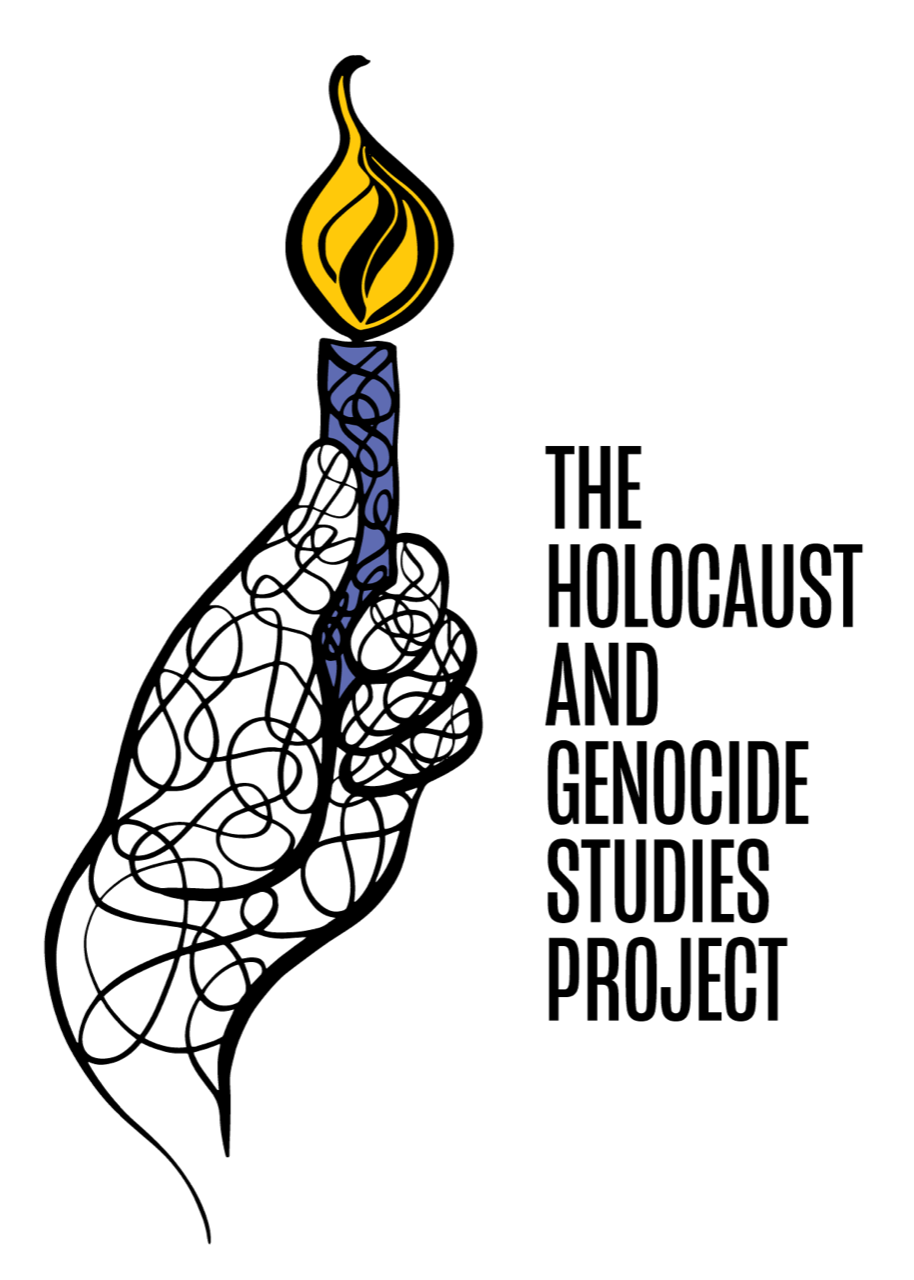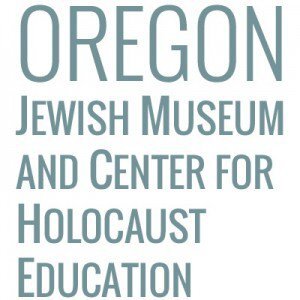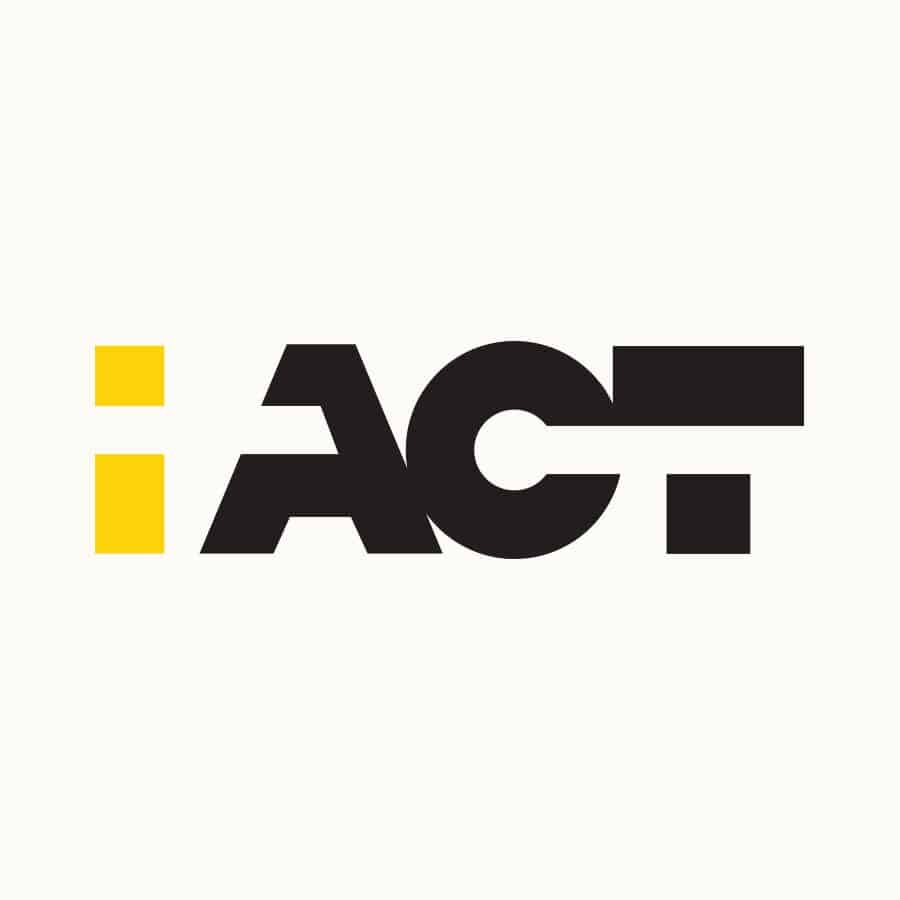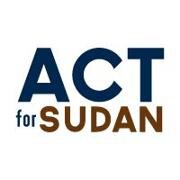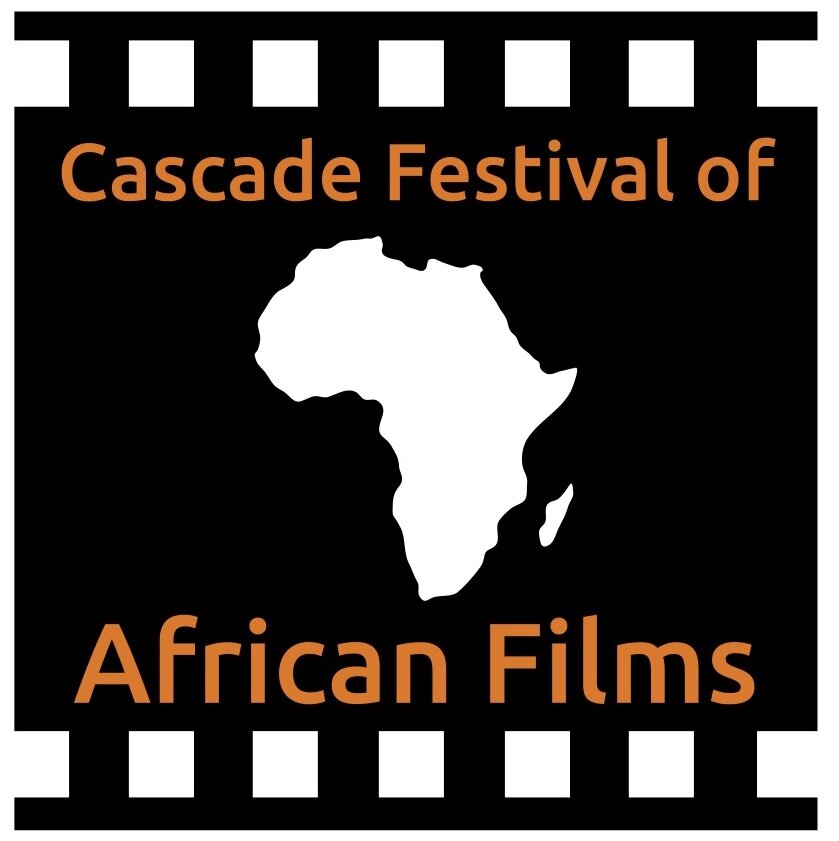WHOSE SUDAN? SUDANESE IDENTITY IN THE DIASPORA
This event has already taken place.
Delve into the complexities of Sudanese identity in the diaspora with members of the Revolution From Afar cast including Hager Mohamedein, Wafa Saeed, Ramey Dawoud, as well as Dau Doldol in conversation with Revolution producer Makkawi Atif Makkawi.
And please TAKE ACTION FOR SUDAN too!
About the panelists:
Hager Mohamedein is from the greatest city in the world, Philadelphia. She is in her final year of programming for her Doctorate in Pharmacy with a concentration in Global Health at the University of Pittsburgh School of Pharmacy. Growing up in the states and frequently returning to Sudan, Hager has been immersed in the cultures and health systems of both countries. For that reason, she understands there needs to be greater efforts to help rebuild healthcare systems in developing countries to give everyone a fighting chance at a long and healthy life locally and abroad. It is this unwavering desire for eliminating health disparities that drives her. This has made her particularly passionate about helping those in underserved populations in hopes of bridging the gap in medication access that is sustainable. Her greatest hope is to go back to Sudan particularly Darfur to build, sustain, and operate pharmacies so that regardless of a family’s socio-economic status, location, or political circumstance, they can be provided with medication and a better quality of life.
Wafa Saeed is an exemplary strong community leader, advocate, and entrepreneur. She was born in Kosti, Sudan and immigrated to the US in 1995 at 6 years old. She began her college career at the University of Colorado, Denver where she is finishing up her Masters in Biochemistry alongside her 3 undergraduate degrees in Biochemistry, Psychology, and Communications. She began her event coordinating company - Weddings by Wafa - coordinating weddings, corporate and community events. The success of her business has allowed her to be working alongside multiple non-profit organizations and the City of Denver, Aurora, and surrounding areas as well as local government officials. She helped orchestrate the Sudanese Worldwide movement to bring awareness to issues in Sudan, inspire young people, and raise donations for the increase in prices for essential medicines and medical products. In addition to her community involvement, Wafa served as the first national Executive Director and on the board for the Sudanese American Public Affairs Association(SAPAA). She began the first successful chapter in Colorado and developed the programs that will be used nationally. Her passion in helping people is visibly displayed in her advocacy and community involvement.
Ramey Dawoud is a Sudanese American rapper and actor. Born in Alexandria, Egypt, he immigrated to the United States in 1999 and settled in Kansas City. With the traditional Nubian and Sudanese songs that he listened to growing up and the new textures of music he discovered living in the U.S., he began writing his own songs during his adolescence that reflected his wide range of musical influences. All the while, he also began honing his acting by studying theatre while in high school. His first solo music project, “Diary Of A Menace”, was a mixtape he digitally released independently in 2008. In 2010 Ramey participated at the Sudanese Summit and Gatwich Festival in Nairobi, Kenya and also appeared in the music video for "We Want Peace" by Emmanuel Jal. His work with the group The Ambassadors garnered him a Best New Artist award at the 2012 Kansas City Entertainment Awards. In 2012, he made his film acting debut by starring as Faisal in the short film “Faisal Goes West”, which won Best In Show at the 2013 Texas Independent Film Festival and Best Original Narrative Short at the 2013 WorldFest Houston International Film Festival, as well being featured as the Opening Night Film at the inaugural Sudan Independent Film Festival. Ramey Dawoud released "Kashta" in 2017 followed by his EP "I Am Because We Are' in August 2018. In 2019 Ramey Dawoud released a number of songs inspired by the Sudanese revolution.
Dau Doldol’s background is in international relations, development, US foreign policy and peace and conflict resolution. A member of the Gates Millennium Scholars program, Dau graduated from American University with a bachelor of arts in International Studies. During his time at American, he was actively involved with the African Student's Association, NAACP's Youth Division and No Lost Generation, an organization committed to solidarity with refugees in the international community. Dau originally hails from Abyei and grew up in Kakuma Refugee & Denver, Colorado. He is a podcaster at the Ubuntu Podcast focusing on bridging the gap between Africa and the diaspora - our emancipation is intertwined with one another and the focus of the Ubuntu Podcast is to further the conversation in our community.
Moderated by Makkawi Makkawi is the producer of Revolution from Afar. He is also a Sudanese-American biologist and wanna-be film-maker and photographer. Makkawi first became interested in film by accident in his late high school years. It started with a deep love and appreciation for movies and TV shows that molded his younger years and eventually transformed into a love of still photography that was informed by cinematic lighting theories and techniques. Everything Makkawi learned from practicing still photography and analyzing his favorite movies and TV shows which inspired him to delve deeper into the world of film-making. He hasn’t looked back since!
Rising Up: Sudan is part of the Rising Up for Human Dignity Film and Discussion Series - Elevating the voices of artists and performers from within communities in conflict and their diasporas around the world who are rising up and speaking out for human dignity.
Rising Up: Sudan will include performances, conversations and films to bring audiences together to witness, celebrate, and amplify the perspectives of communities in Sudan and its diaspora.
Brought to you by:






